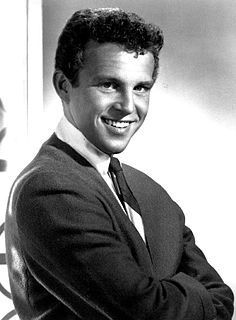A Quote by Aung San Suu Kyi
Related Quotes
History isn't like that. History unravels gently, like an old sweater. It has been patched and darned many times, reknitted to suit different people, shoved in a box under the sink of censorship to be cut up for the dusters of propaganda, yet it always - eventually - manages to spring back into its old familar shape. History has a habit of changing the people who think they are changing it. History always has a few tricks up its frayed sleeve. It's been around a long time.
When you limit the word 'jazz' to one period of history, for the people who love that period, then maybe it can be dead because nobody plays like that anymore. But jazz is progressive music; it always has to progress, and musicians always have to find new landscapes and new ways to speak out, so of course it's always changing.



































